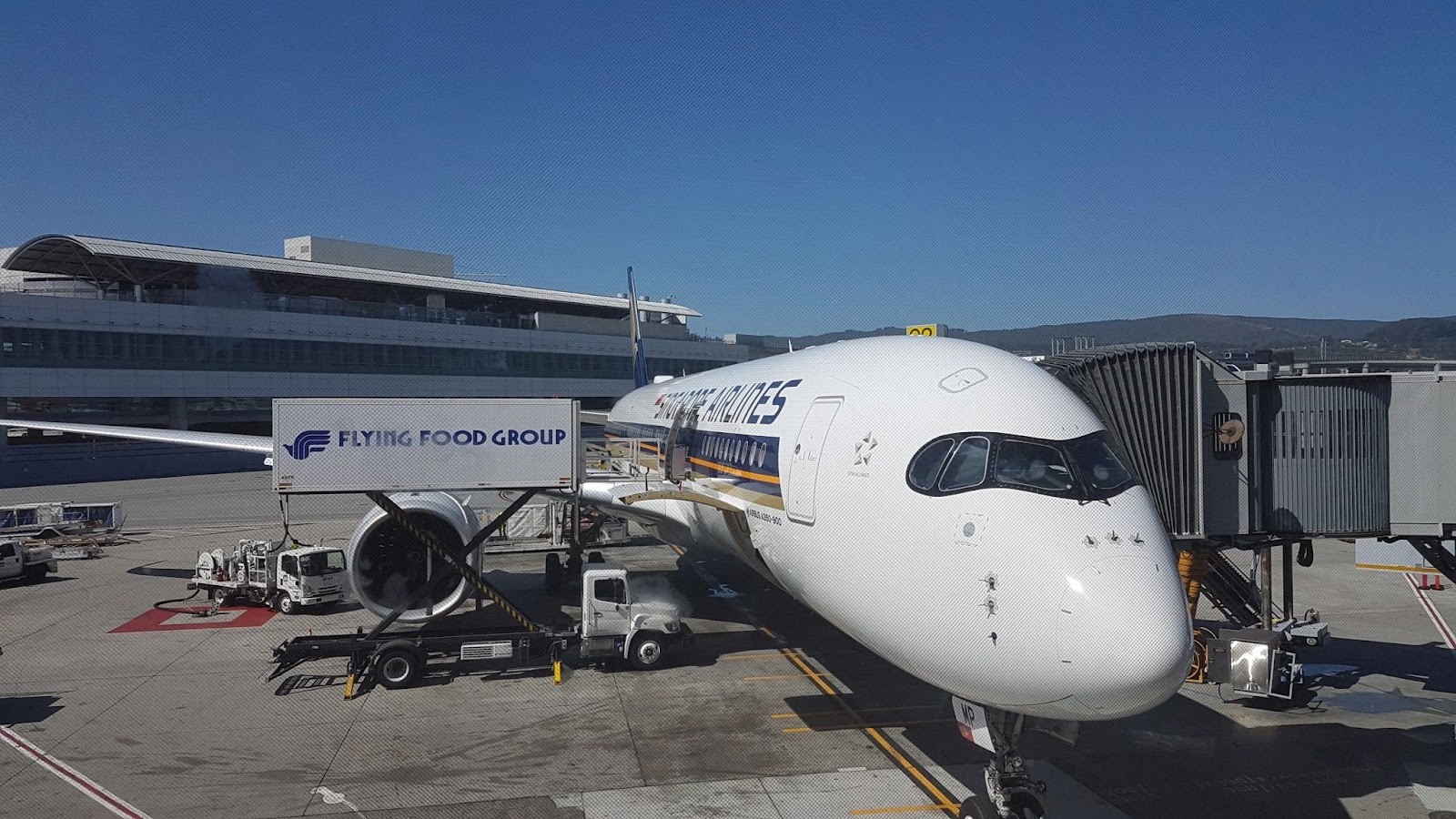 Many people, experienced and inexperienced, speak of times when they believe they have been ‘misquoted’ by print journalists – usually when the words attributed to them cause, rather than solve, internal or external issues.
Many people, experienced and inexperienced, speak of times when they believe they have been ‘misquoted’ by print journalists – usually when the words attributed to them cause, rather than solve, internal or external issues.
As with many media communications skills, it is a tricky area and there are fine lines between what is and isn’t a ‘misquote’.
In attempt to illustrate this, let’s look at where the lines are.
What Is A ‘Misquote’:
A misquote happens when a journalist deliberately or inadvertently attributes words to an interview subject that the subject did not say at any time during the interview. It could be just a couple of words reproduced in the wrong order in a sentence, which may change the meaning of the quote.
For example, Journalist: “Given that European governments withdrew these toys from sale three months ago after it was revealed parts of them were toxic, at what stage did you know they were toxic and why didn’t you withdraw them earlier?”
Mr Smith (interviewee): “We were aware of some European studies which had shown problems with the toys, three months ago [WHICH MAY OR MAY NOT BE THE TIME WHEN THE COMPANY ACTUALLY BECAME AWARE OF THE PROBLEM, BUT HE’S USED A DATE THE JOURNALIST CAN PICK UP ON] we were still waiting on delivery of the toys to Australia and had not had time to investigate them. We did our own tests and then withdrew the toys straight away, last week.”
Possible interpretation by the journalist in the article:
Mr Smith said the company became aware of the toxicity problem three months ago through European studies but decided to allow them to go on sale in Australia.
He said the company decided to run its own tests on the toys and to wait for the results of those, despite the fact that the toys were already off the market in Europe.
Mr Smith should have said: “We were only made aware of the European tests a month and a half ago. We were not satisfied with those findings, so we immediately began our own analysis and when we got the results last week we withdrew the toys immediately.”
A misquote may also occur when a journalist poses a question to an interview subject in the form of a statement the journalist wishes to include in the story; and the subject is perceived to ‘agree’ with the statement. The interviewee may not realise they have just made a ‘statement’ by default.
In this case the simple word ‘yes’, in answer to a journalist’s statement could be converted into a line implying the subject made the declaration.
For example; journalist: “It’s understood that your organisation did not follow procedure in this matter”. Interviewee, Mr Smith: “Yes (meaning, yes I understand you, or yes that may be ‘understood’). This is likely to appear in the article as Mr Smith said/agreed that the organisation did not follow procedure in this matter. This is technically a ‘misquote’, but it could be argued by the newspaper that it is a valid quote.
What A ‘Misquote’ Is Not:
When a journalist re-arranges the order of anything that was said in an interview, it cannot be considered a ‘misquote’. A journalist may conduct an interview about one subject, but cover other issues, then use one of those ancilliary topics as his/her lead item; or even throw out everything else in a long interview and just use a comment the subject did not even believe was important as their lead item. This is not a ‘misquote’.
In direct quotes, the order of words inside a sentence may not be re-arranged, and the order of sentences in an answer may not be re-arranged. But the order of information blocks extracted in an interview may be arranged to give weight to whatever the journalists’ idea for the story is. This is not a ‘misquote’.
Playing it Safely
Journalists at Australia’s large daily papers are accountable to rigorous internal codes of reporting conduct – as well as industry codes – and, while our feedback from trainees tells us you will not agree with this statement, they are highly unlikely to report verbatim material wrongly.
Print journalists are aware that their papers observe systematic corrections policies; their editors investigate complaints of unprofessionalism thoroughly.
Hence, reporters are extremely careful to avoid introducing erroneous quotes.
It is vital that anyone who agrees to an interview with a journalist – or speaks publicly — must be well prepared to avoid making potentially damaging quotes – in whichever order they are used – in the process.
Although everyone has heard it before, preparation is still the best tool. By making spare time between the interview request and the interview to consider the likely questions and issues to be raised as well as clear, concise and ‘on message’ answers, you will always cut down the risk of being ‘misquoted’.
This provides time to prepare clear, concise and ‘on message’ answers, and to decide which subjects must be skirted skillfully.
We have witnessed experienced and regular media performers start to get a bit too confident and fly by the seat of their pants – inevitably they come unstuck. Usually when they can least afford to.
Even half an hour is ample time for interviewees to gather their thoughts and form a clear intention about what they will and won’t say, and how they will say it for publication. This is where the PUSH© of media message development is a very valuable tool – particularly for organising information and influencing stakeholders.
Most importantly, interviewees must visualise how their comments will look in print – no matter the order they may be assembled in.
Be ready for journalists to persist with a line of questioning until they get an answer they can use, or that fits their idea for the story.
If repeated questioning persists give the impression you are allowing a little extra information, but be careful to stay within the bounds of your PUSH© messages and what you already intended to say.
Beware of assuming how much the journalist knows
Journalists may imply they have more information already, from other sources within your organisation/department or an industry representative. One method of eliciting stronger material from a subject is to ask for a ‘comment’ on such assumed information.
Be wary of this approach, as it is a successful method of making interview subjects say more than they intended; thus turning a perceived ‘misquote’ into a genuine story lead.
If asked to comment about an issue the journalist implies they already have information on, delay a reply diplomatically and find out how many facts have really been established.
While ‘no comment’ is never an option, journalists should accept an answer such as “I will need to investigate that suggestion before I can give a reply, but I will get back to you quickly on this”.
Never speculate, thinking it is off the record.
At the end of an interview, ask the journalist to repeat back verbatim quotes. They may not always oblige, but those wishing to build a trusting relationship with their subject will often agree.
Tips on how to avoid being misquoted:
- Take time to prepare for interviews.
- Have your key messages prepared by your internal or external support or prepare them carefully yourself ( use established models such as PUSH© to make sure you have ordered your thoughts and have a convincing argument).
- Consider topics the journalist may explore, including rumours.
- Plan strategies to answer questions posed repeatedly.
- Ask for direct quotes to be repeated back.
- Never go into ‘autopilot’, no matter how interview-experienced you are.
- Delay comment about information a journalist implies they have secured elsewhere until you have checked the facts.
- Really listen to your own answers as you are saying them during the interview; if you need to clarify/change something, do it immediately.





